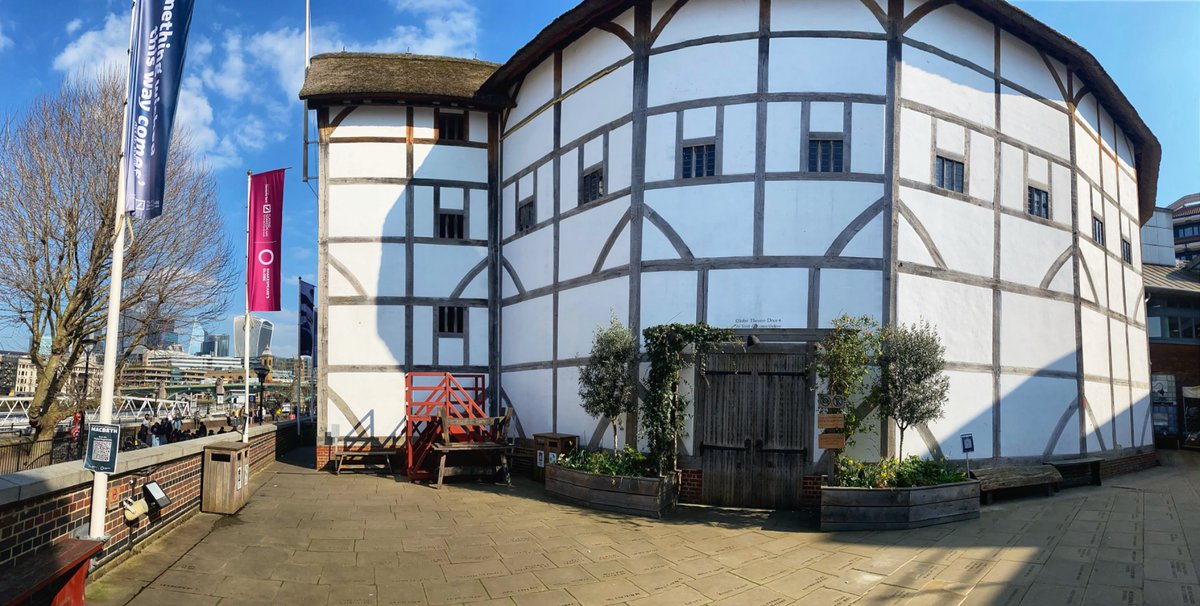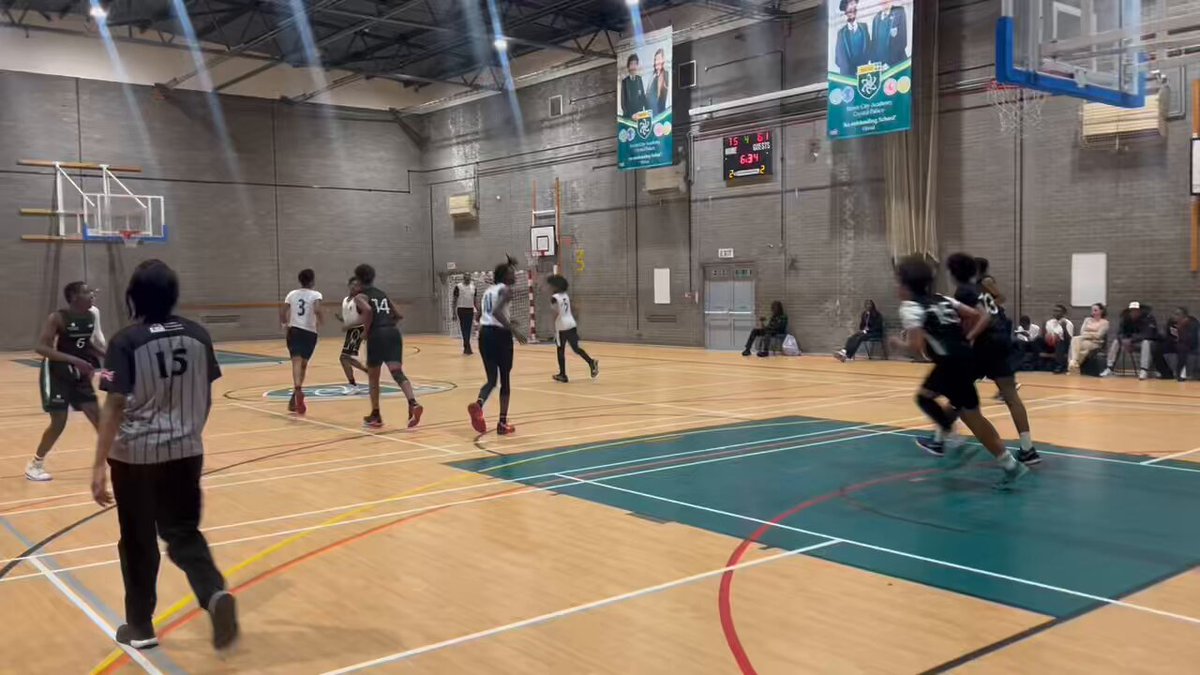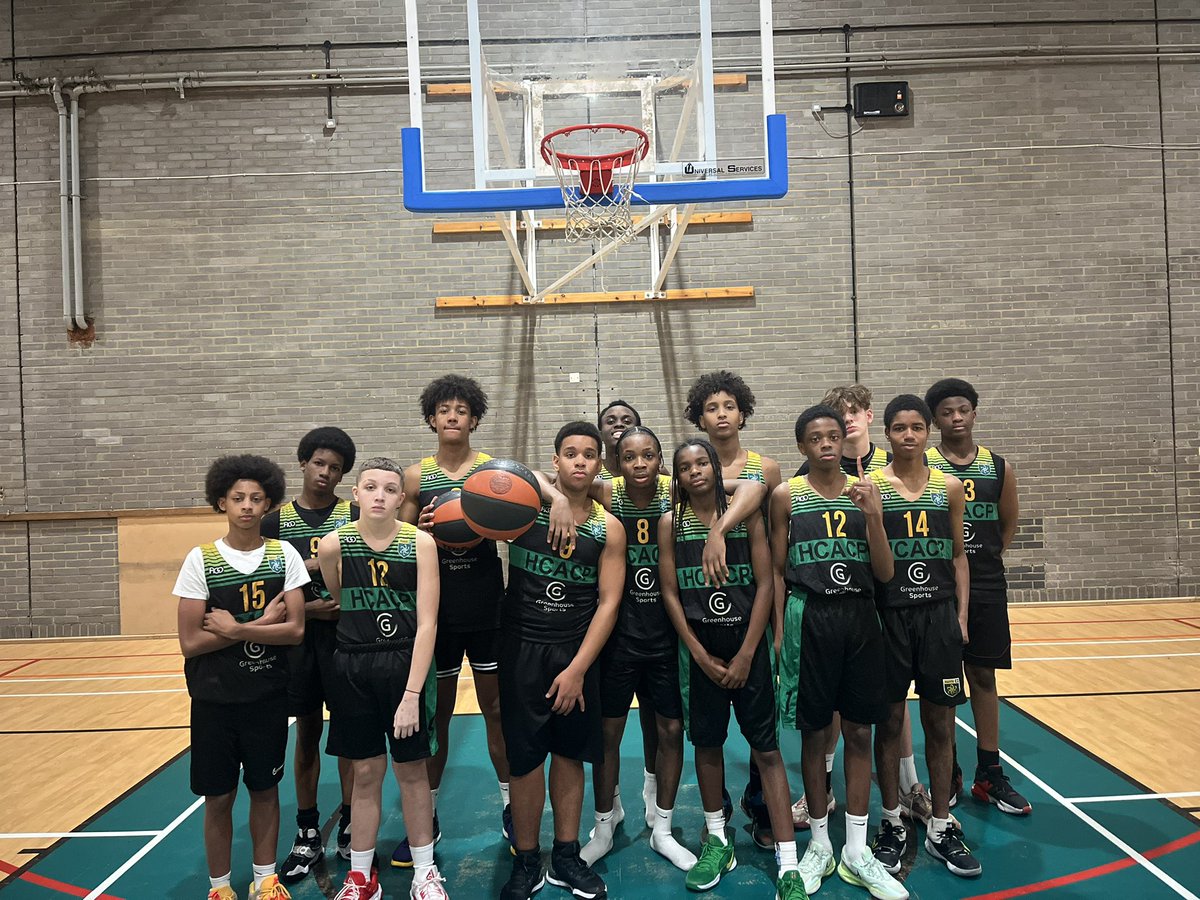Media Studies
Media Studies will introduce learners to the key areas of the theoretical framework for studying media - media language, representation, media industries and audiences – in relation to diverse examples from a wide range of media forms: advertising and marketing, film, magazines, music video, newspapers, online media, radio, television and video games.
Through this study, learners gain an understanding of the foundations of the subject, enabling them to question and explore aspects of the media that may seem familiar and straightforward from their existing experience in a critical way. This extends learners' engagement with the media to the less familiar, including products from different historical periods or those aimed at different audiences, providing rich and challenging opportunities for interpretation and analysis. The study of relevant social, cultural, political and historical contexts further enhances and deepens learners' understanding of the media, as they explore key influences on the products studied and their audiences.
This specification recognises the cross-media, multi-platform nature of the contemporary media and the centrality of online and social media platforms in distributing, accessing and participating in the media. In some instances, specific forms are highlighted for detailed study, but this is in the context of their relationships to other media forms and platforms, recognising the fluidity of these and emerging, contemporary developments in the digital landscape.
Learning about the media involves both exploring and making media products and these two activities are fundamentally related in the specification. Learners create a media production for an intended audience, applying and developing their knowledge and understanding of media language and representation in response to a choice of briefs set by the board. This selection of forms allows learners to think creatively and develop their practical skills in this component.
Students will:
- demonstrate skills of enquiry, critical thinking, decision-making and analysis
- acquire knowledge and understanding of a range of important media issues
- develop appreciation and critical understanding of the media and their role both historically and currently in society, culture and politics
- understand and apply specialist subject-specific terminology to analyse and compare media products and the contexts in which they are produced and consumed in order to make informed arguments, reach substantiated judgements and draw conclusions about media issues
- appreciate how theoretical understanding supports practice and practice supports theoretical understanding
- develop practical skills by providing opportunities for creative media production.
Full details of the Media Studies curriculum intent, along with the long term curriculum plans are available to download from the bottom of the page.























